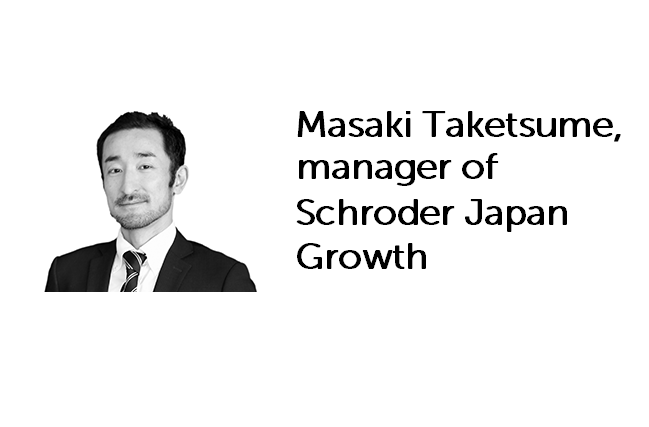Schroder Japan results for the 12 months ended 31 July 2024 have been published and they are good. The NAV total return was 21.0%, outperforming the benchmark’s total return of 16.4%. However, the share price return was 16.1%.
During the year, the company repurchased a total of 2,503,437 shares.
Revenue during the year increased from 5.41p to 5.53p per share. The board has decided to declare an enhanced final dividend for the year ended 31 July 2024 of 10.81p per share, representing an increase of 100.19% over the final dividend paid in 2023. The board is now adopting an enhanced dividend policy to pay out 4% of the average NAV in each financial year. The board intends to declare dividends on a quarterly basis with the average NAV of the 12 months trailing the quarter to be used.
Extracts from the manager’s report
Two key developments contributed positively to performance during the year. Firstly, in response to the improving macroeconomic backdrop, the Bank of Japan (BOJ) has taken further significant steps to normalise its extraordinary monetary policy. Following the first interest rate increase in 17 years and the abandonment of yield curve control last year, the BOJ raised its policy rate to 0.25% towards the end of the year. Monetary policy remains accommodative, but this normalisation process has had a positive impact on financial sectors, driving a gradual revaluation of some the bank and insurance companies to which the portfolio is exposed. In particular, the portfolio’s holdings in “mega bank” Sumitomo Mitsui Financial Group and insurance company Tokio Marine Holdings contributed positively. We view both companies as best in class operators in their respective sectors.
Secondly, technology-related stocks also generally performed well, supported by investor enthusiasm for the boom in generative artificial intelligence (AI) technologies. A number of Japanese companies contribute to the AI value chain and the semiconductor industry and the portfolio’s exposure to these types of business added value during the period. We tend to view these companies as market misperception stocks, as the market has not fully reflected their ability to participate in the AI growth opportunity. For example, Fujikura, a fibre cable maker, performed well as the market started to realise how important its advanced fibre optics and connectivity solutions could be for AI infrastructure. Meanwhile, Hitachi, a large cap industrial conglomerate, also performed strongly given better than expected results from its IT services and energy division.
By contrast, some of our technology holdings suffered short-term weakness as well as return reversal. For example, our market misperception holdings in electronic component makers Rohm and Ibiden, both underperformed after posting slower-than-expected growth. Our lack of exposure to large cap stocks such as Mitsubishi UFJ Financial Group, another large banking group, and Mitsubishi Heavy Industries, also detracted as their share prices performed well. We continue to see more compelling opportunities among small and mid-sized businesses.
SJG : Schroder Japan shareholders to get enhanced dividend
